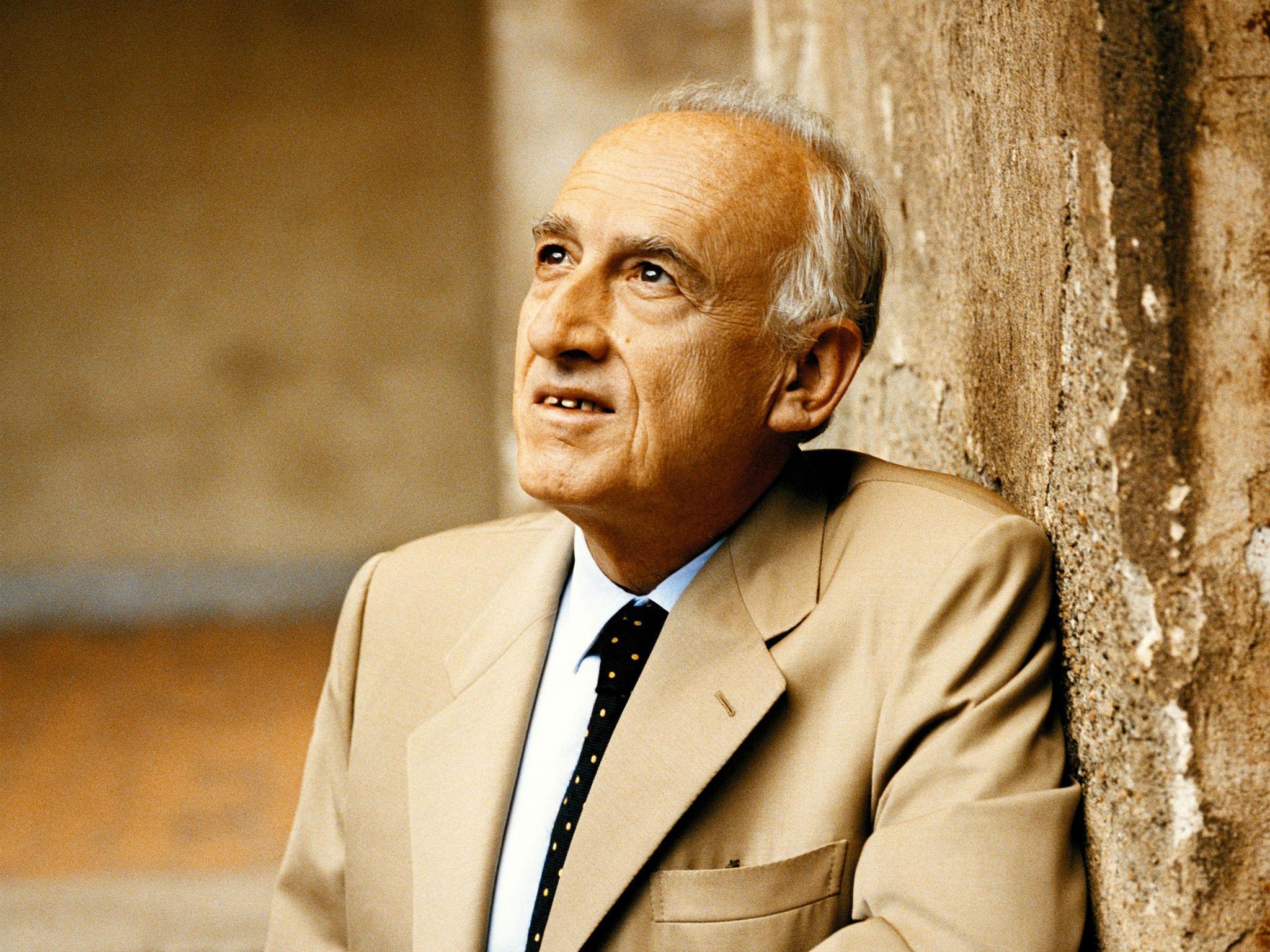Pollini’s grace and spontaneity provide magical Chopin program

As Maurizio Pollini closed his Chopin recital Sunday afternoon with eight “selected” etudes (Op. 25) not specified in the program, Orchestra Hall had suddenly become home to a spontaneous spectacle worthy of this year’s Chopin Bicentennial.
Not that the program leading up to these gems had fallen short on its promise—indeed, Pollini found poetic grace in a pair of nocturnes, traversed all 24 far-reaching preludes, and played virtually without flaw the quasi-symphonic narratives of the Ballade No. 1 and Scherzo No. 1. But the seemingly improvisatory performance of these brief, personality-plus studies was like a magician pulling rabbits from his hat.
For a man pushing 70, there appears to be no onset of fatigue in Pollini’s music-making. The “Winter Wind” etude sparkled with the shimmering bravura of a conservatory showoff; the blisteringly fast “Ocean” etude would have impressed Evgeny Kissin. The study in octaves (No. 10) might have been the most dazzling display of the bunch as this Milanese’s hands vanished into a blur.
He also spun a wonderful bel canto line in the A-Flat “Aeolian Harp” etude and provided a mother’s caressing touch in the melancholic C-Sharp Minor study (No. 7). And there were brawny and magnetic performances of the speedy F Minor (No. 2), F Major (No. 3) and A Minor (No. 4) etudes too.
Prior to intermission, Pollini was his stoic self in the Preludes, Op. 28, and stoutly delivered an unsentimental and rather brisk performance of this spectacular set. This was hardly unexpected, but at times the music suffered: the lyricism of nos. 6 and 13 was pinched and suffocated, and No. 7, for all its grade-school popularity, simply felt brushed aside through a speed reading. And yet whatever liberties Pollini took with tempi in the slower pieces, this same artistic license elevated the more virtuosic items: particularly No. 12 and the treacherous D Minor (No. 24).
The Italian’s disquieting journeys in the Op. 23 Ballade and Op. 20 Scherzo were capped marvelously by his wizardry in the codas, but it was even harder to forget his moving accounts, respectively, of the meno mosso and Polish Christmas carol theme. He was similarly sensitive in the nocturnes, Op. 27.
For an agreeable postlude, Pollini offered up three more Chopin encores: the “Revolutionary” Etude, a simple mazurka and the Scherzo No. 3. Surely this proud display of Poland’s greatest composer helped to assuage, if temporarily, the grief of any Pole who had been carrying Saturday’s tragic news with them.
Posted in Performances

